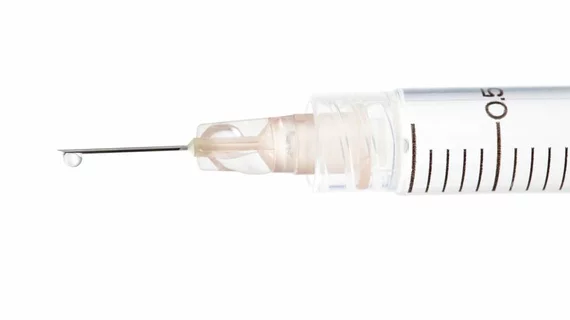Civica Rx pens another deal for drug in short supply
Civica Rx, a not-for-profit drug company with $100 million in funding that aims to combat drug shortages, has inked its next deal with Exela Pharma Sciences to supply its membership of hospitals with sodium bicarbonate injections.
The drug has been in “critically short supply” in hospitals around the nation, according to the announcement.
The deal is the latest from Civica Rx, which has been building up its partnerships across the healthcare industry at a time when hospitals have been hard hit by drug shortages. The company was created with $100 million in backing from major healthcare players, including Mayo Clinic, Intermountain Healthcare and Trinity Healthcare. Civica Rx has 39 health systems as members––more than 1,000 U.S. hospitals.
The new agreement means Exela will provide sodium bicarbonate for Civica, with the first deliveries expected this year. Civica will use Exela’s Abbreviated New Drug Application (ANDA) and Civica’s labeling and National Drug Code (NDC).
“Exela continues to demonstrate its commitment to addressing shortages of this vital medication and we thank them for their partnership,” said Martin VanTrieste, president and CEO of Civica Rx. “Sodium bicarbonate is a medicine that is a staple on hospital crash carts and often used for emergency resuscitations. No hospital or patient should ever have to go without it.”

